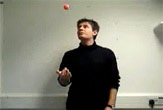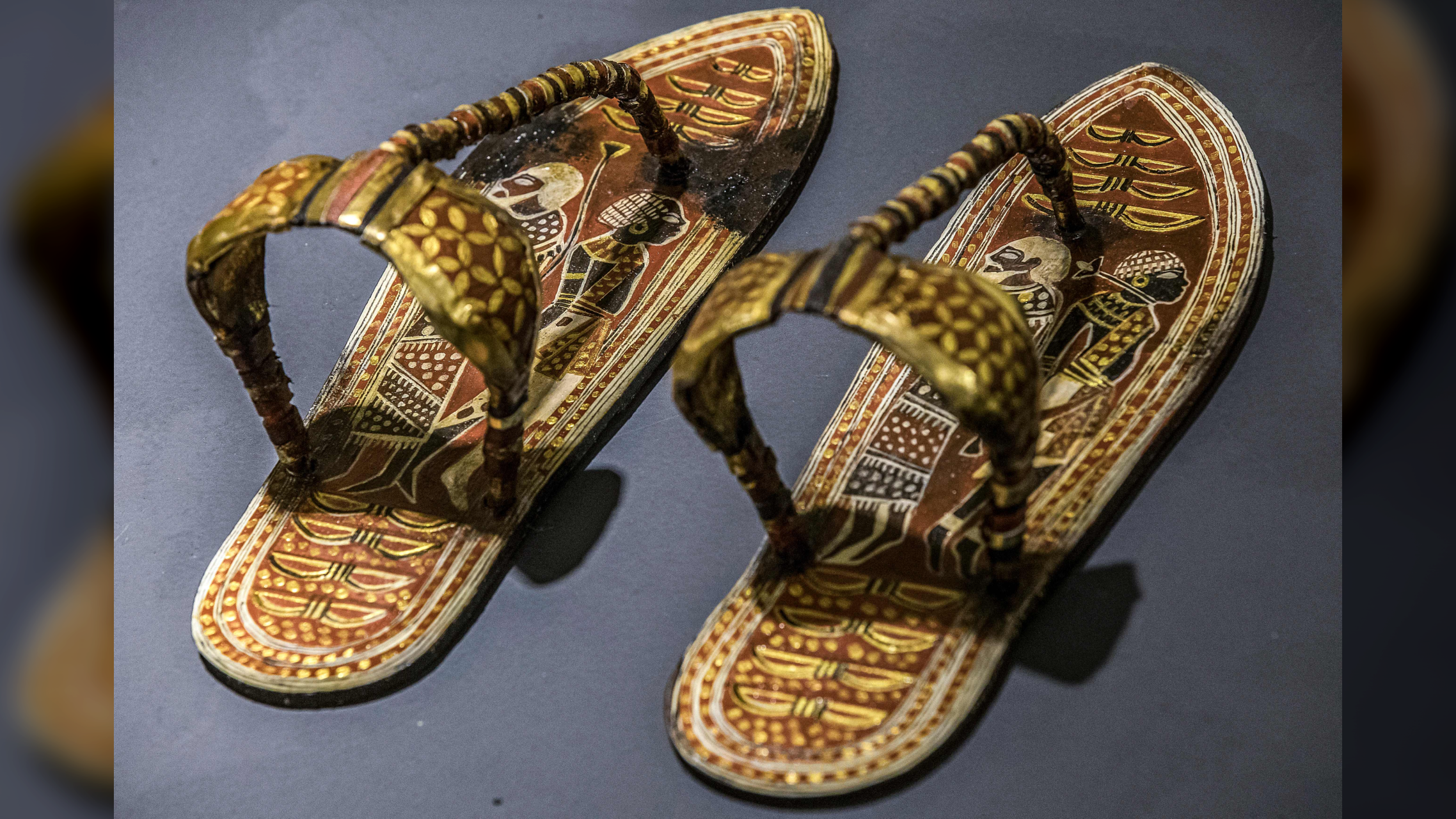Magician to Scientists: Don't Assume Infallibility

Get the world’s most fascinating discoveries delivered straight to your inbox.
You are now subscribed
Your newsletter sign-up was successful
Want to add more newsletters?

Delivered Daily
Daily Newsletter
Sign up for the latest discoveries, groundbreaking research and fascinating breakthroughs that impact you and the wider world direct to your inbox.

Once a week
Life's Little Mysteries
Feed your curiosity with an exclusive mystery every week, solved with science and delivered direct to your inbox before it's seen anywhere else.

Once a week
How It Works
Sign up to our free science & technology newsletter for your weekly fix of fascinating articles, quick quizzes, amazing images, and more

Delivered daily
Space.com Newsletter
Breaking space news, the latest updates on rocket launches, skywatching events and more!

Once a month
Watch This Space
Sign up to our monthly entertainment newsletter to keep up with all our coverage of the latest sci-fi and space movies, tv shows, games and books.

Once a week
Night Sky This Week
Discover this week's must-see night sky events, moon phases, and stunning astrophotos. Sign up for our skywatching newsletter and explore the universe with us!
Join the club
Get full access to premium articles, exclusive features and a growing list of member rewards.
NEW YORK—Shortly after he arrived behind the podium, James Randi, a bearded, bespectacled 82-year-old magician, let the audience know exactly who he is.
"I actually use tricks, I am a little bit ashamed of it, but not much," Randi, who has performed under the stage name "The Amazing Randi," said. "We have learned that people very easily make assumptions if we lead them to do that."
Randi was speaking before an audience who had come to learn about the neuroscience behind magic at the New York Academy of Sciences, and he estimated their average IQ to be "rather ridiculous." But proceeded to demonstrate that was no barrier to a magician. [Now You See It: Neuroscientists Reveal Magicians’ Secrets]
"For one thing, this is not a microphone," he said on a windy night last month, brandishing the object he had been holding in front of him. "This is something I use to trim my beard."
"That's only one assumption you made," he continued. "These are not glasses." They were, in fact, owlish, empty frames.
"A magician depends on that sort of thing," he said.
Randi, who has performed as a mentalist and an escape artist, describes himself as a "leading skeptic of things that aren't likely to be true." It is a natural fit for his profession, because magicians realize how people are deceived, he explained. Randi presides over the James Randi Educational Foundation, which is dedicated to promoting critical thinking and debunking those who claim supernatural abilities, televangelists and others. The foundation offers a $1 million prize, as yet unclaimed, to anyone who can prove a psychic, supernatural, or paranormal ability.
Get the world’s most fascinating discoveries delivered straight to your inbox.
He refers to belief in supernatural or other quackery as "woo-woo," but he cautioned the academics in the audience from feeling superior.
"You must not think that people who don't understand how tricks are done are stupid," he said. "They don't understand, because it is not their specialty."
About 20 years ago, he received a call from a physicist at Lawrence Livermore National Laboratory, whose lab was considering endorsing a man who claimed to have psychokinetic powers. The man's special ability: He could cause a match box to stand up on its end on the back of his hand.
The scientists had gone to great lengths to test these abilities, Randi recalled being told. The physicists had purchased 24 matchboxes at a grocery store, then used a random number generator to select box 14. They studied this box under different kinds of light, weighed it down to a few micrograms, and examined it for magnets and threads. But the trickster was still able to perform the mysterious feat.
As Randi spoke he lifted one hand to reveal a matchbox tilting upright. The trick, he explained, involves pinching some of the skin on the back of your hand into the drawer of the matchbox, and it is detailed in a book of children's magic tricks. Randi faxed over the description and has never heard from the laboratory again.
"That is overkill by science," he said, referring to the investigation conducted by scientists laboring under an assumption of infallibility.
People are often compelled to believe in the supernatural, a category that includes God and religion for Randi, he told LiveScience in a separate interview. "In many cases, they absolutely need to believe it," he said. "Because they believe it gives them some kind of way of controlling the way the world works."
- Video: Your Brain on Magic
- Top 10 Unexplained Phenomena
- Top 10 Mysteries of the Mind
You can follow LiveScience writer Wynne Parry on Twitter @Wynne_Parry.
 Live Science Plus
Live Science Plus











